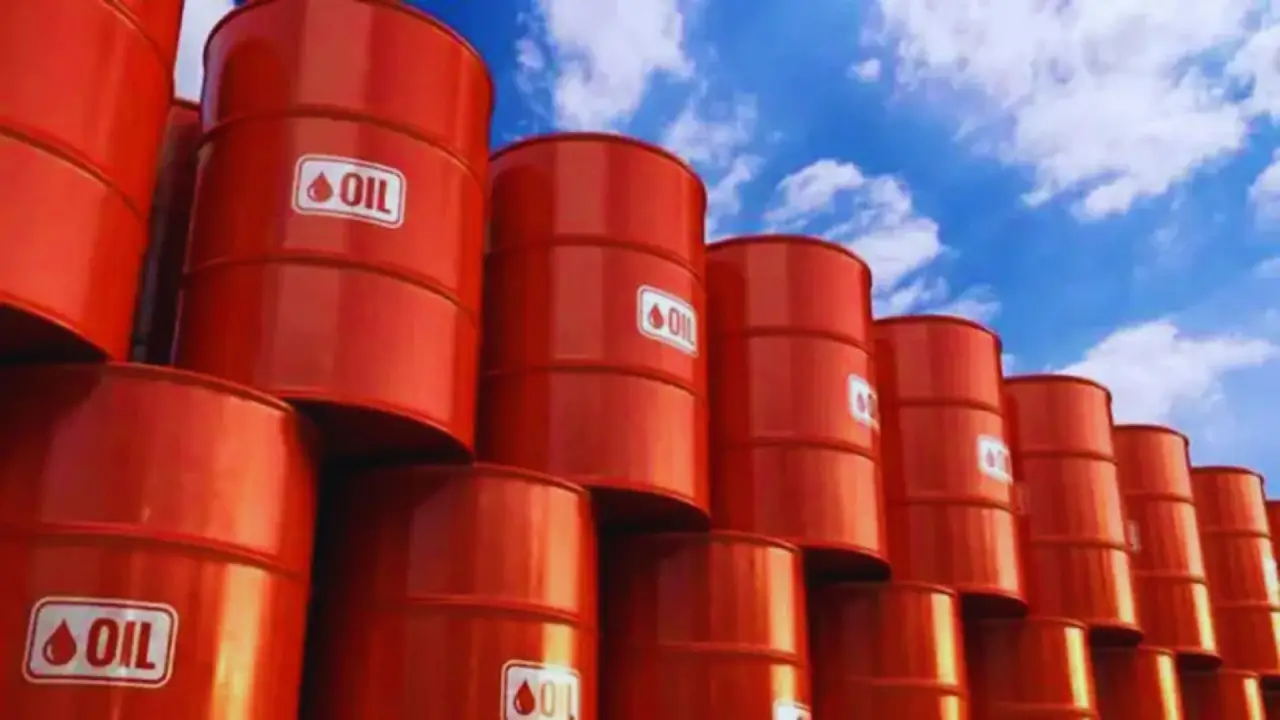Russia Imposes Partial Ban on Fuel Exports After Ukrainian Drone Attacks on Refineries
Russia has announced a partial ban on petrol and diesel exports following a series of Ukrainian drone attacks that have severely impacted its oil refining capacity. The decision, which will remain in force until the end of the year, aims to stabilize domestic fuel supplies at a time when shortages are beginning to disrupt several regions across the country.
According to reports, Ukrainian drone strikes have damaged key Russian refineries, reducing the country’s refining capacity by nearly 20% within just a few days. This sudden drop has affected fuel shipments from Russia’s major ports, forcing the government to intervene with restrictions on exports. Deputy Prime Minister Alexander Novak confirmed the move on Thursday, emphasizing the need to prioritize internal demand over foreign sales.
Novak stated, “We will extend the ban on petrol exports until the end of the year and introduce restrictions on diesel fuel exports to non-producers. This measure will help increase the availability of petroleum products in the domestic market.” He further admitted that although reserves exist, they are not sufficient to meet the growing demand, making government intervention necessary.
The impact of the attacks is already visible in Crimea, where Sergei Aksyonov, the head of Russian-controlled territory, noted disruptions in fuel supply caused by refinery shutdowns. The new restrictions on diesel exports will primarily target intermediaries, while producers can still transport fuel through major supply routes, including the Northern and Southern pipelines to the Baltic and Black Sea ports.
In 2024, Russia produced an estimated 86 million metric tons of diesel, out of which nearly 31 million tons were exported. Alongside the United States, Russia has traditionally been one of the leading exporters of diesel fuel by sea. The new ban on gasoline exports, however, is broader, applying to both producers and intermediaries, though exemptions remain in place for intergovernmental agreements signed with partner nations.
Despite these measures, fuel shortages are intensifying inside Russia. Local media reports indicate that Lukoil, the country’s second-largest oil company, has already imposed restrictions on retail sales, banning customers from purchasing petrol in jerry cans at several Moscow stations. Such developments highlight the seriousness of the domestic supply crunch.
Internationally, the move has sparked political attention. The export ban coincides with growing Western pressure on energy imports, with U.S. President Donald Trump openly criticizing countries that continue to buy Russian oil. Analysts believe the partial ban could further tighten global fuel markets, especially in Europe and Asia, where Russian diesel has traditionally played a major role.
As winter approaches, Russia faces the dual challenge of restoring refinery operations damaged by drone attacks while simultaneously ensuring that its domestic population does not suffer from shortages. The government’s export ban reflects a clear strategy: safeguarding its internal energy security even at the cost of reduced earnings from foreign markets.
